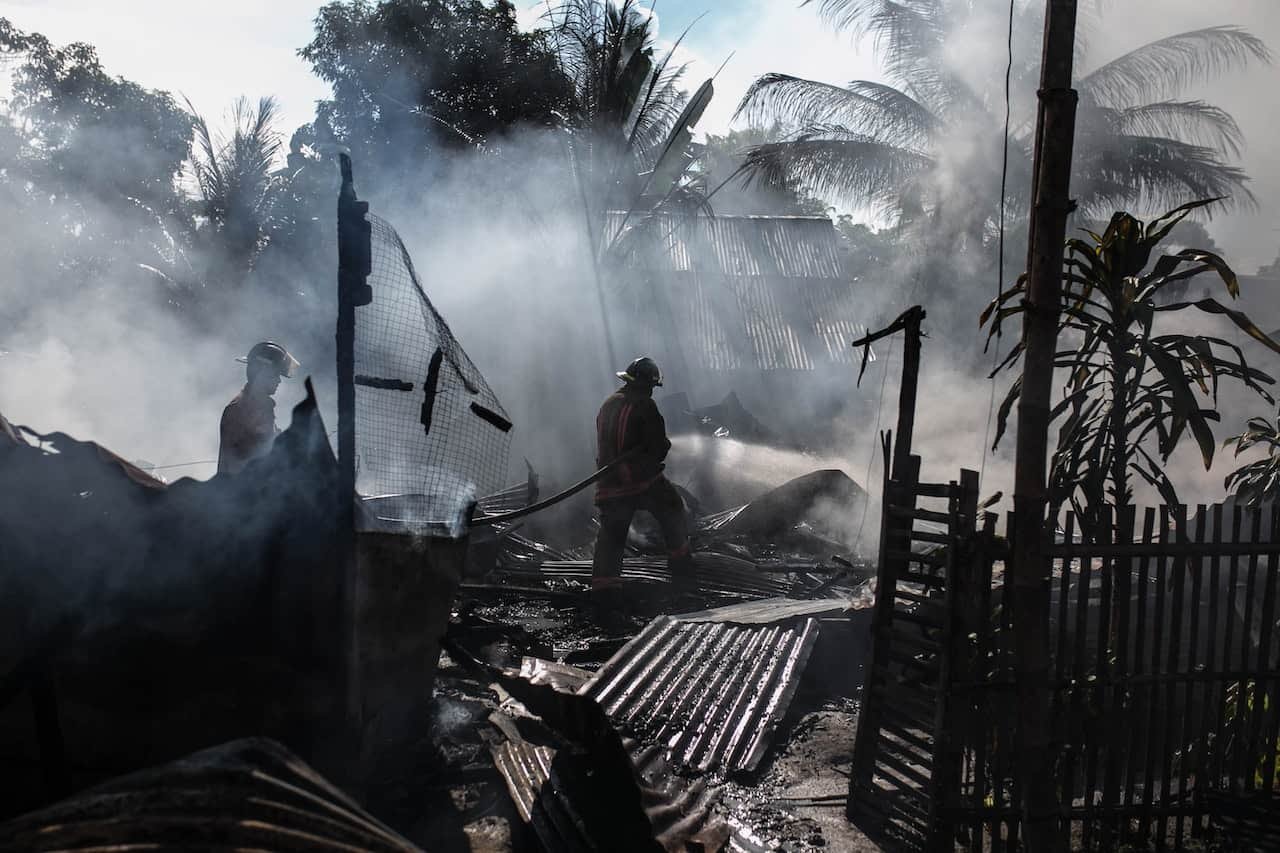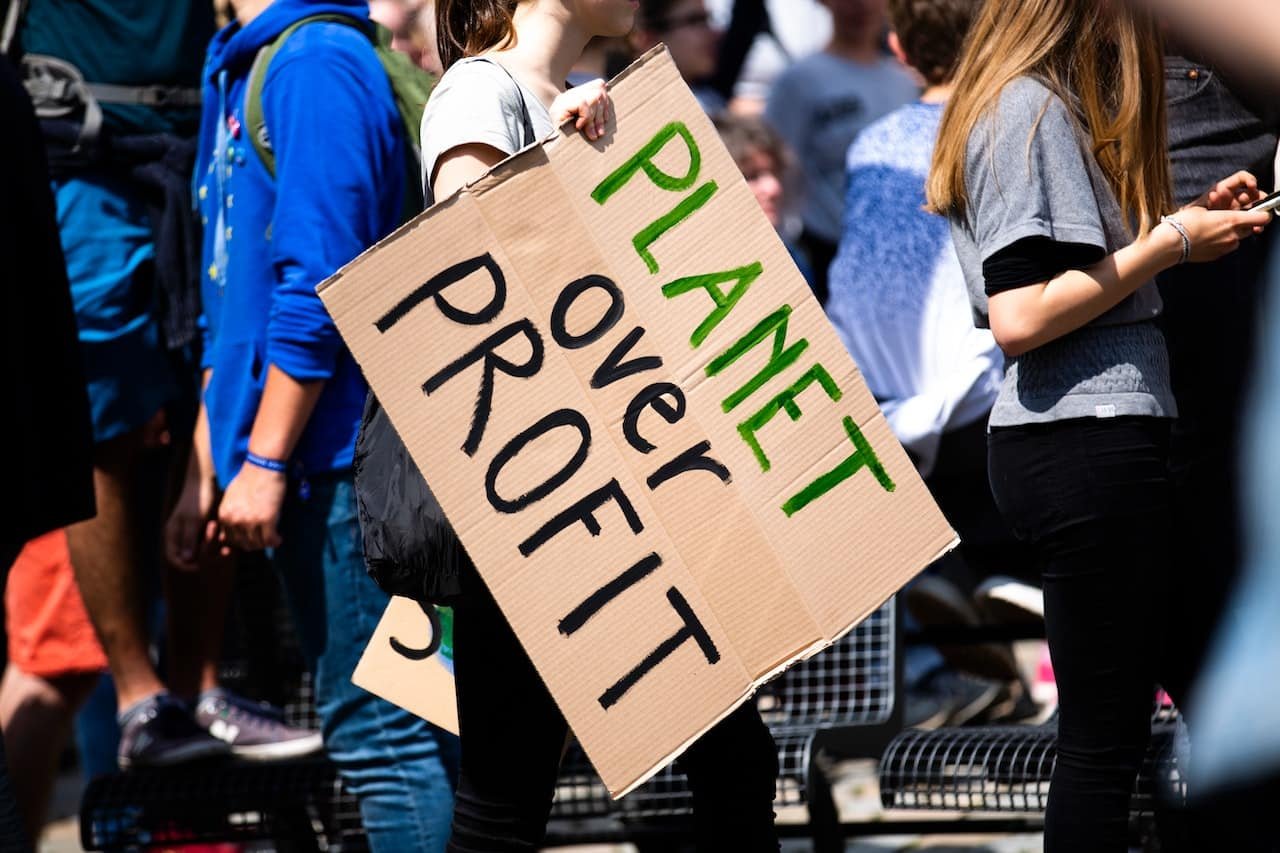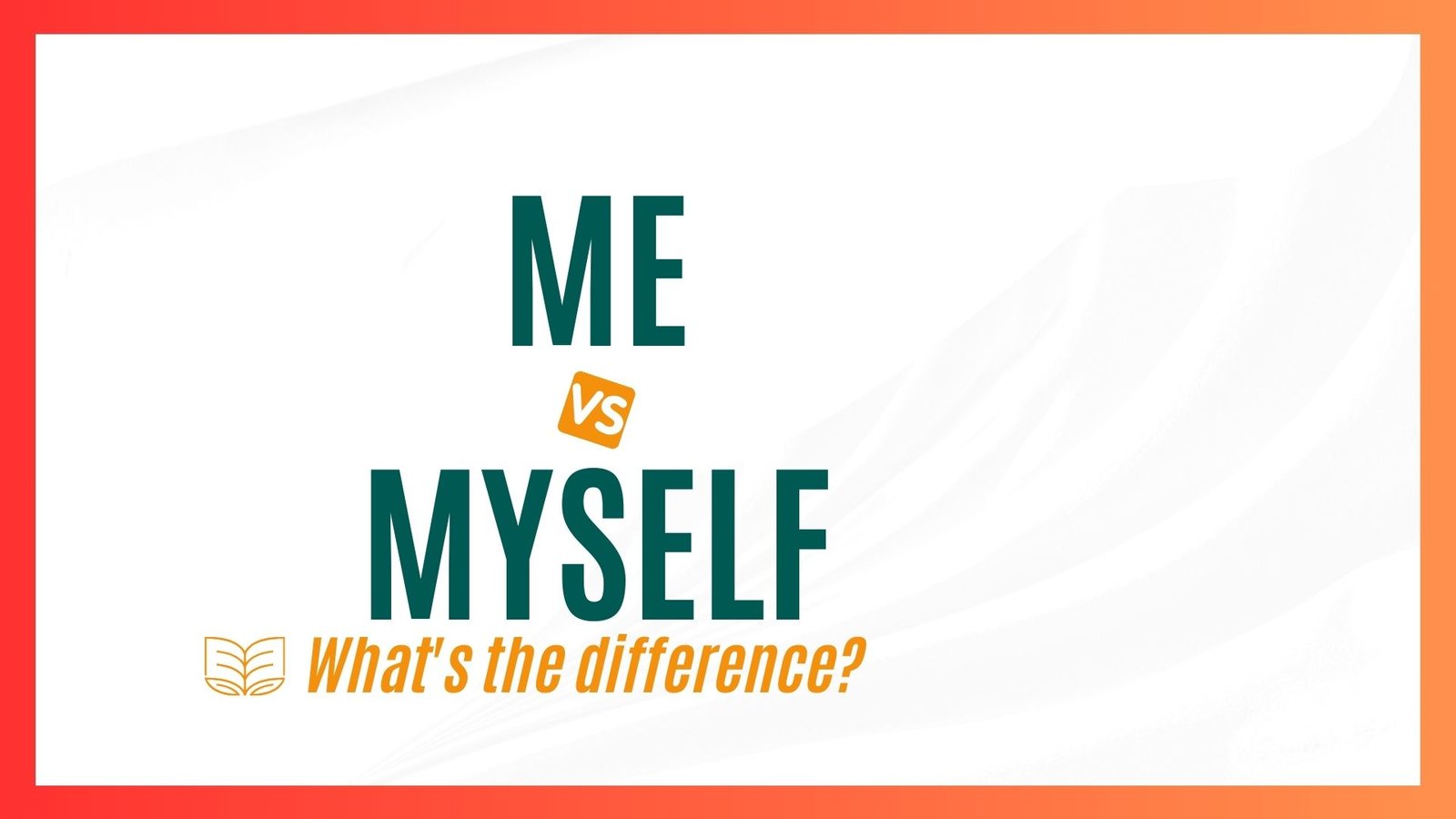

PETRA YVONNE ENGLISH
Global Problems
Global problems are complex, interconnected issues that affect people and the planet, such as climate change, poverty, inequality, conflict, and disease and require collective action to solve.
Global problems include:
- Environmental problems
- Violence
- Natural disasters
- Immigration
- Illiteracy
- Homelessness
- Famine
- Crime
- Terrorism
- Growing the population
- Epidemics
- Addictions
- Diseases
- Discrimination
- Poverty
- Unemployment
- Globalization
- Wars
People around the world often deal with many big issues, such as:
ILLITERACY – a lack of ability to read and write
EPIDEMICS/PANDEMICS – fatal diseases spread throughout the world
FAMINE AND POVERTY – people have nothing to eat
IMMIGRATION – is the act of someone coming to live in a different country .
People immigrate for many reasons, such as:
- Economic or political reasons,
- natural disasters that often cause famine or poverty,
- the desire to change surroundings and live better.
CIVIL WARS – a war between people of the same country
TERRORISM – a violent action for political purposes
ADDICTIONS (drug / alcohol / gambling addiction) – a strong desire to take or do something harmful
ECOLOGICAL ISSUES
- pollution of air, water and soil
- global warming
- acid rain
- the destruction of the ozone layer
- the disappearance of many species of animals and plants
HOMELESSNESS – the state of being without a home
NATURAL DISASTERS – occure when something terrible happens, and people often die
WHY DO THESE PROBLEMS START?
- Intolerance, a desire for power, greed and selfishness, pride and prejudice, unresolved problems from the past, a desire for expansion
NATURAL DISASTERS
HURRICANES AND TORNADOES
Hurricanes and tornadoes are very strong and dangerous winds.
VOLCANOES
A volcanoe is a mountain with a large, circular hole at the top through which hot liquid lava and rocks pour. There are many active volcanos in the world, such as Mount Etna.
AVALANCHE
An avalanche is a large amount of snow falling quickly down in a mountain.
TSUNAMI
A tsunami is a terrible wave that comes after an undersea earthquake.
DROUGHTS
Droughts mean no rain for a long time and often cause famine.
FREQUENT FLOODS
Frequent floods result from too much rain in a short period, causing damage to houses and land. Hundreds of people die from being underwater, drowning.
EARTHQUAKE
An earthquake is the shaking of the surface of the Earth. Many buildings are often destroyed, and many people get hurt.
IMMIGRATION
The process through which individuals become permanent residents or citizens of another country. People immigrate for many reasons, such as: economic or political reasons, family reunification, natural disasters, or the desire to change one’s surroundings.
Immigration can bring many advantages to the country, but there must be mutual respect, kindness, and tolerance between the migrants and the natives.
TERRORISM
It is a violent action for religious or political reasons. People who do this are terrorists. A common terrorist crime is planting bombs, putting bombs in public places often to kill innocent people.
Terrorists also hijack planes and buses. The people on the board become prisoners, also called hostages.
One of the worst terrorist attacks happened in the USA in New York on 11th September 2001 when members of the terrorist group Al-Qaeda hijacked 2 planes and crashed into 2 famous buildings called Twins. Several thousand of innocent people died in the ruins of these buildings. There have been a lot of terrorist attacks all around the world since then.
HOMELESSNESS
A homeless person is a person without a home, work, and money. They often live on the streets, sleep on the bench in parks, under bridges, or deserted houses and buildings.
They usually beg in the streets and try to find some food in a litter bin.
Reasons why a person becomes homeless: losing a job, domestic violence, divorce and family breakdown, drugs or alcohol problems, untreated mental illness
POVERTY
- is a worldwide problem
- leads to starvation and malnutrition
- increases crime
- poor people are on the margins of society
- mendicancy on the street
CIVILIZATION DISEASES AND EPIDEMICS
The last world threat is the COVID-19 pandemic, also known as the coronavirus pandemic.
It was first identified in Wuhan, China, in December 2019. Because it is a new virus, scientists are learning more each day. Although most people who overcame COVID-19 had mild symptoms, it can also cause severe illness and even death.
The virus spreads mainly when an infected person is in close contact with another person.
Symptoms of COVID-19 are variable:
- fever, cough, fatigue, breathing difficulties, loss of smell and taste
Preventive measures include:
- physical or social distance, ventilation of indoor spaces, covering coughs and sneezes, hand washing, keeping unwashed hands away from the face, the use of face masks in public
ECOLOGICAL ISSUES
- the pollution of air, water and soil with chemicals
- global warming that causes weather changes and after that natural disasters
- deforestation – the destruction of forests for building materials or firewood
- consumer society that produces too much waste
- the greenhouse effect occurs when heat from Earth cannot escape from the atmosphere, and the temperature on Earth goes up
- the destruction of the ozone layer
Why is Ozone Layer important?
Ozone protects the Earth from harmful ultraviolet (UV) rays from the Sun. Without the Ozone layer in the atmosphere, life on Earth would be very difficult. Plants cannot live and grow in heavy ultraviolet radiation, nor can the planktons that serve as food for most of the ocean life.
HOW CAN WE PROTECT OUR ENVIRONMENT IN EVERYDAY LIFE?
1. Save energy, water, and petrol
- Switch off the lights, TV, PC, radio if you don’t use them.
- Don’t leave the fridge door open for a long time.
- Do the washing only if the washing machine is full or do hand washing.
- Take a shower instead of having a bath because it uses much less water.
- Don’t leave the tap on when you brush your teeth. Turn it off and save water.
- Use public transport instead of cars, walk, or use a bicycle if possible.
- Use alternative / renewable sources of energy – solar, wind, and water energy.
2. Re-use
- Use items that can be recycled.
- Buy rechargeable batteries.
- Return glass bottles to the shop.
3. Recycle
Sort domestic rubbish and take it to the special containers.
- Put glass in the green bin,
- plastic items in the yellow bin,
- paper in the blue bin,
- metal object in the red bin,
- and organic rubbish in the brown bin.
4. Protect animals and plants
- Plant flowers and trees.
- Protect endangered animals.
- Make compost from food leftovers, and use it in your garden.
- Don’t smoke – not only do you pollute the air when you smoke, but you also support tobacco companies that destroy forests to produce soft cigarette paper and packs. It takes cutting down one tree to make 300 000 cigarettes.
5. Buy products wisely
- Bring your own bag to the shop; don’t use the disposable plastic bags.
- Don’t buy unnecessary electronic gadgets because they require an incredible amount of energy (e.g., an electronic toothbrush, new tablets, new-fashioned mobile phones).
- Buy fresh food instead of canned.
- Make a shopping list when you go shopping.
- Don’t go to the shop hungry; otherwise, you will buy much more useless food.
Vocabulary
1. global [ˈɡləʊbəl] skcelosvetový
2. extinct [ɪksˈtɪŋkt] skvyhynutý, vymretý
3. extinction [ɪksˈtɪŋkʃᵊn] skvyhynutie, zánik
4. environment [ɪnˈvaɪərənmənt] sk(životné) prostredie
5. litter [ˈlɪtə] sksmeti, odpadky
6. to preserve [tuː prɪˈzɜːv] skzachovať, (u)chrániť
7. to preserve our planet [tuː prɪˈzɜːv ˈaʊə ˈplænɪt] skchrániť našu planétu
8. species [ˈspiːʃiːz] skdruh (y)
9. to recycle [tuː ˌriːˈsaɪkl] skrecyklovať, opätovne použiť
10. deforestation [dɪˌfɒrɪˈsteɪʃᵊn] skvyrubovanie lesov, odlesňovanie
11. to pollute [tuː pəˈluːt] skznečistiť
12. pollution [pəˈluːʃᵊn] skznečistenie, znečisťovanie
13. polluted [pəˈluːtɪd] skznečistený
14. to endanger [tuː ɪnˈdeɪnʤə] skohroziť, vystaviť nebezpečenstvu
15. endangered [ɪnˈdeɪnʤəd] skohrozený (druh)
16. to increase in [tuː ɪnˈkriːs ɪn] skzvýšiť(sa), zväčšiť (sa)
17. rural [ˈrʊərəl] skvidiecky, dedinský
18. countryside [ˈkʌntrɪˌsaɪd] skpríroda, vidiek
19. mild [maɪld] skmierny (klíma)
20. deep [diːp] skhlboký
21. depth [dɛpθ] skhĺbka
22. to prevent from [tuː prɪˈvɛnt frɒm] skpredchádzať (niečomu), zabrániť
23. to worry about [tuː ˈwʌri əˈbaʊt] skrobiť si starosti, znepokojovať sa
24. to be serious about [tuː biː ˈsɪərɪəs əˈbaʊt] skmyslieť to vážne
25. to be aware of [tuː biː əˈweər ɒv] skuvedomovať si , byť si vedomý

26. to escape from [tuː ɪsˈkeɪp frɒm] skuniknúť, ujsť
27. solar cell [ˈsəʊlə sɛl] sksolárny panel
28. soil [sɔɪl] skpôda
29. to sort out [tuː sɔːt aʊt] sktriediť
30. domestic rubbish [dəʊˈmɛstɪk ˈrʌbɪʃ] sktriediť domáci odpad
31. waste [weɪst] skodpad
32. measures [ˈmɛʒəz] skopatrenia, kroky
33. green house effect [ɡriːn haʊs ɪˈfɛkt] skskleníkový efekt
34. ozone layer [ˈəʊzəʊn ˈleɪə] skozónová vrstva
35. acid rain [ˈæsɪd reɪn] skkyslý dážď
36. carbon dioxide [ˈkɑːbən daɪˈɒksaɪd] skoxid uhličitý
37. CFC skfreón
38. flood [flʌd] skpovodeň
39. drought [draʊt] sksucho, obdobie sucha
40. earthquake [ˈɜːθkweɪk] skzemetrasenie
41. exhaust fumes [ɪɡˈzɔːst fjuːmz] skvýfukové plyny
42. natural disaster [ˈnæʧrəl dɪˈzɑːstə] skprírodná katastrofa
43. disastrous [dɪˈzɑːstrəs] skkatastrofálny
44. to threaten [tuː ˈθrɛtn] skohrozovať, ohroziť
45. harm [hɑːm] skškoda
46. harmful [ˈhɑːmfʊl] skškodlivý
47. poverty [ˈpɒvəti] skchudoba, bieda
48. famine [ˈfæmɪn] skhlad, hladomor
49. pesticides [ˈpɛstɪsaɪdz] skprostriedky na ničenie hmyzu
50. to starve [tuː stɑːv] sktrpieť hladom, hladovať
51. starvation [stɑːˈveɪʃᵊn] sk(vy)hladovanie
52. to recommend [tuː ˌrɛkəˈmɛnd] skodporučiť
53. recommendation [ˌrɛkəmɛnˈdeɪʃᵊn] skodporúčanie
54. to solve [tuː sɒlv] skriešiť, vyriešiť
55. solution [səˈluːʃᵊn] skriešenie

56. to suggest [tuː səˈʤɛst] sknavrhnúť
57. suggestion [səˈʤɛsʧən] sknávrh
58. to run out of [tuː rʌn aʊt ɒv] skdôjsť, minúť sa
59. to watch out [tuː wɒʧ aʊt] skbyť opatrný
60. avalanche [ˈævəlɑːnʃ] sklavína
61. to plant a bomb [tuː plɑːnt ə bɒm] sknastražiť / umiestniť bombu
62. to hijack [tuː ˈhaɪʤæk] skuniesť lietadlo
63. hostage [ˈhɒstɪʤ] skrukojemník
64. innocent [ˈɪnəsənt] sknevinný
65. to permit [tuː pəˈmɪt] skpovoliť
66. permission [pəˈmɪʃᵊn] skpovolenie
67. to overcome [tuː ˌəʊvəˈkʌm] skprekonať , zdolať
68. fatigue [fəˈtiːɡ] skúnava, vyčerpanosť
69. loss of smell and taste skstrata čuchu a chuti
70. to cough [tuː kɒf] skkašľať
71. to sneeze [tuː sniːz] skkýchať
72. fever [ˈfiːvə] skhorúčka
73. breathing difficulties [ˈbriːðɪŋ ˈdɪfɪkəltiz] skdýchacie problémy
74. fatal [ˈfeɪtl] sksmrteľný, so smrteľnými následkami
75. to cause [tuː kɔːz] skpríčina, zapríčiniť, spôsobovať
76. religious [rɪˈlɪʤəs] sknáboženský
77. prejudice [ˈprɛʤʊdɪs] skpredsudky, zaujatosť
78. greedy [ˈɡriːdi] skchamtivý, nenásytný
79. to handle [tuː ˈhændl] skzvládnuť, vedieť si rady
80. illiteracy [ɪˈlɪtərəsi] sknegramotnosť

Share this with your friends👉
© 2025 Petra Yvonne English – English online







